|
Hardwood Floors Description: Made from a single piece of wood (e.g., oak, maple, cherry Pros:
|
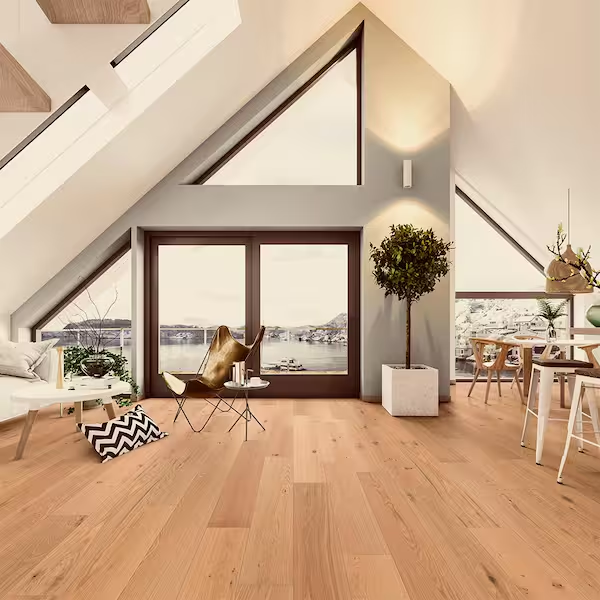
|
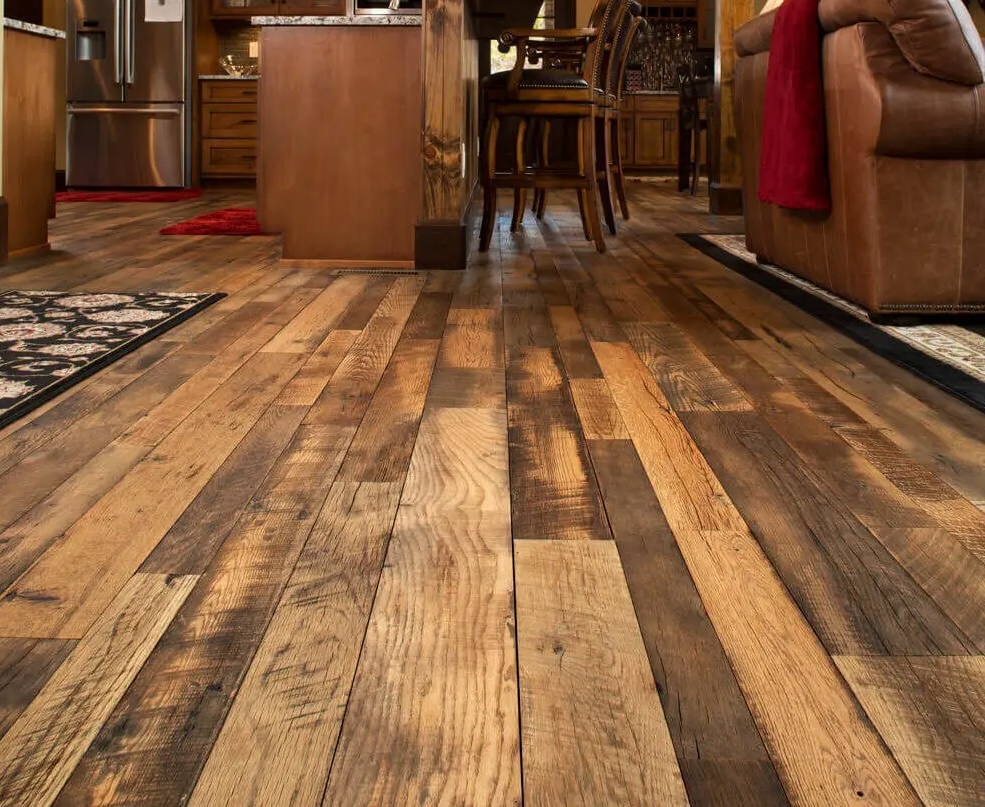
|
Reclaimed Hardwood
Description: Made from wood that has been salvaged from existing structures, like old barns, factories, or homes, and repurposed for new flooring. Pros:
|
|
Tile Floor
Description Surrounds a pool, designed for safety and accessibility, often using slip-resistant composite decking. Pros:
|
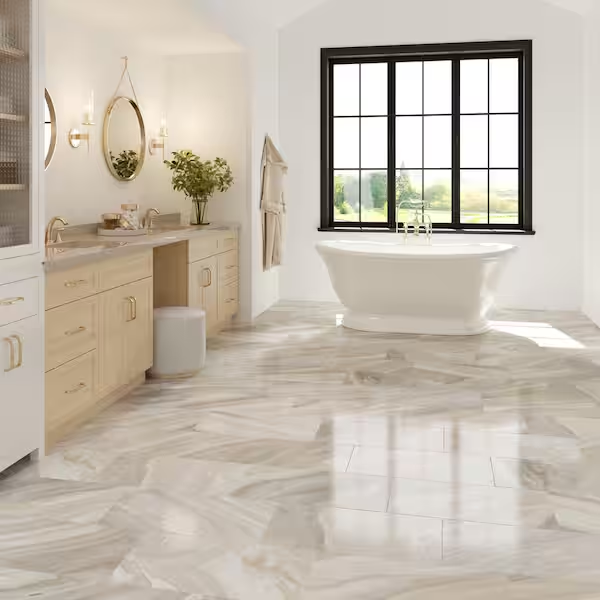
|
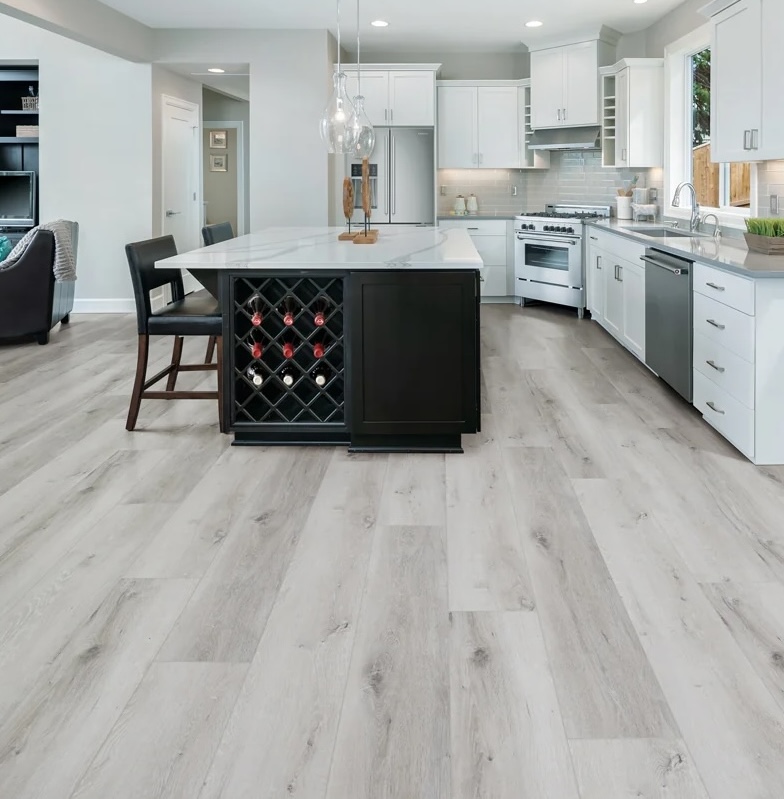
|
LVP (Luxury Vinyl Plank)
Description: Manufactured planks that resemble hardwood or stone. Durable and waterproof. Pros:
|
|
Engineered Hardwood
Description: Constructed with multiple layers of wood (a hardwood top layer bonded to a plywood or high-density fiberboard core), making engineered hardwood more resistant to warping, shrinking, or expanding Pros:
|
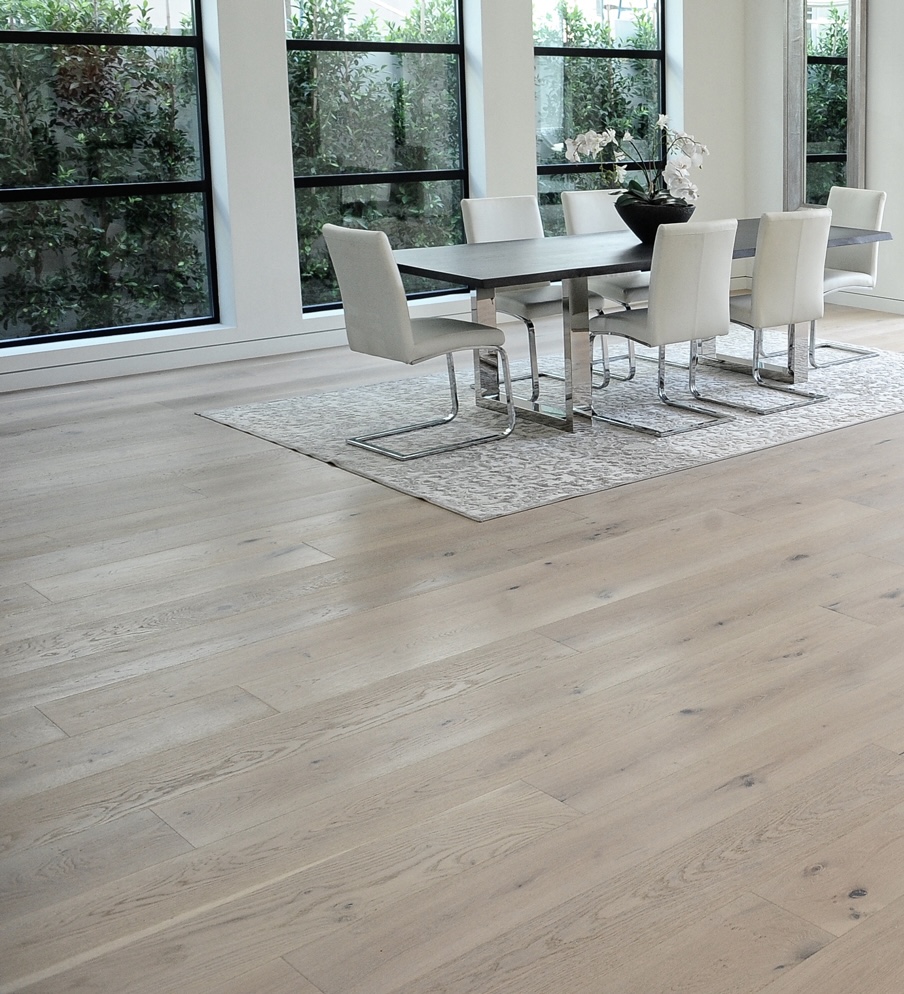
|
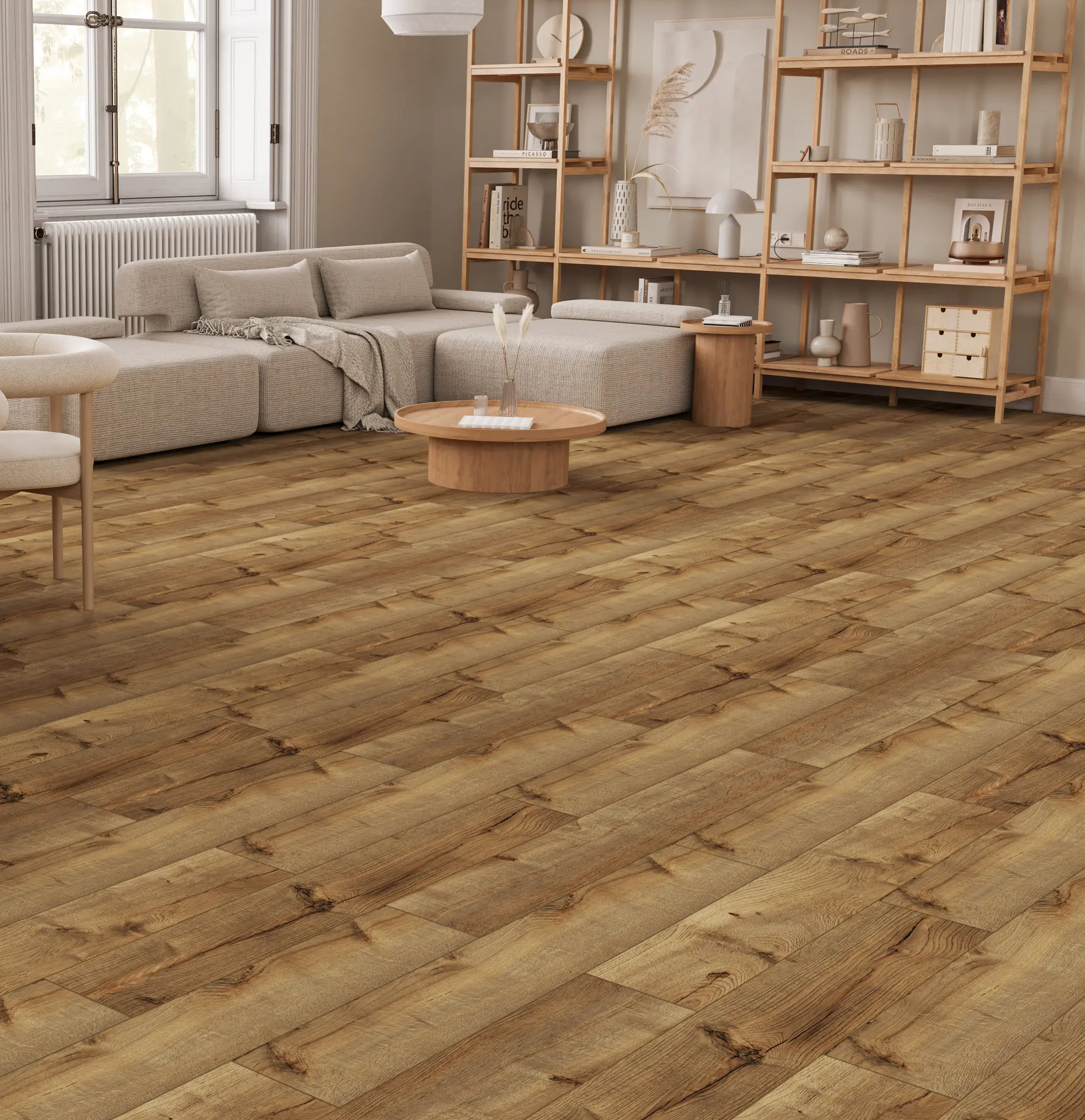
|
Laminate Flooring
Description: A cost-effective, flexible flooring tile several layers of synthic and engineered layers that mimics the appearance of natural wood or tile Pros:
|
|
Gym Flooring (Multiple Materials)
Description: Gym floors are designed to withstand heavy use and help you train for what your The purpose of the gym determines the flooring material. From turf and rubber flooring, to hardwood, cement and tile a gym floor can have huge variety. Types and Uses: |
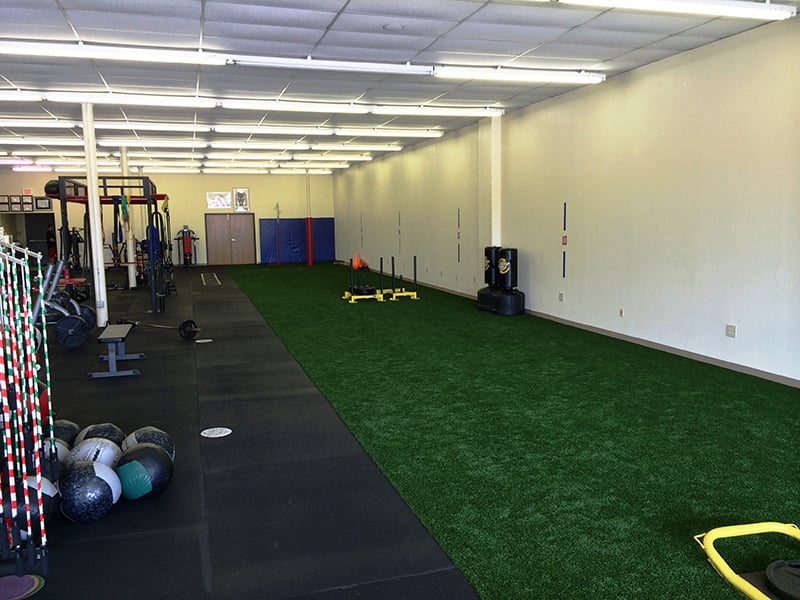
|
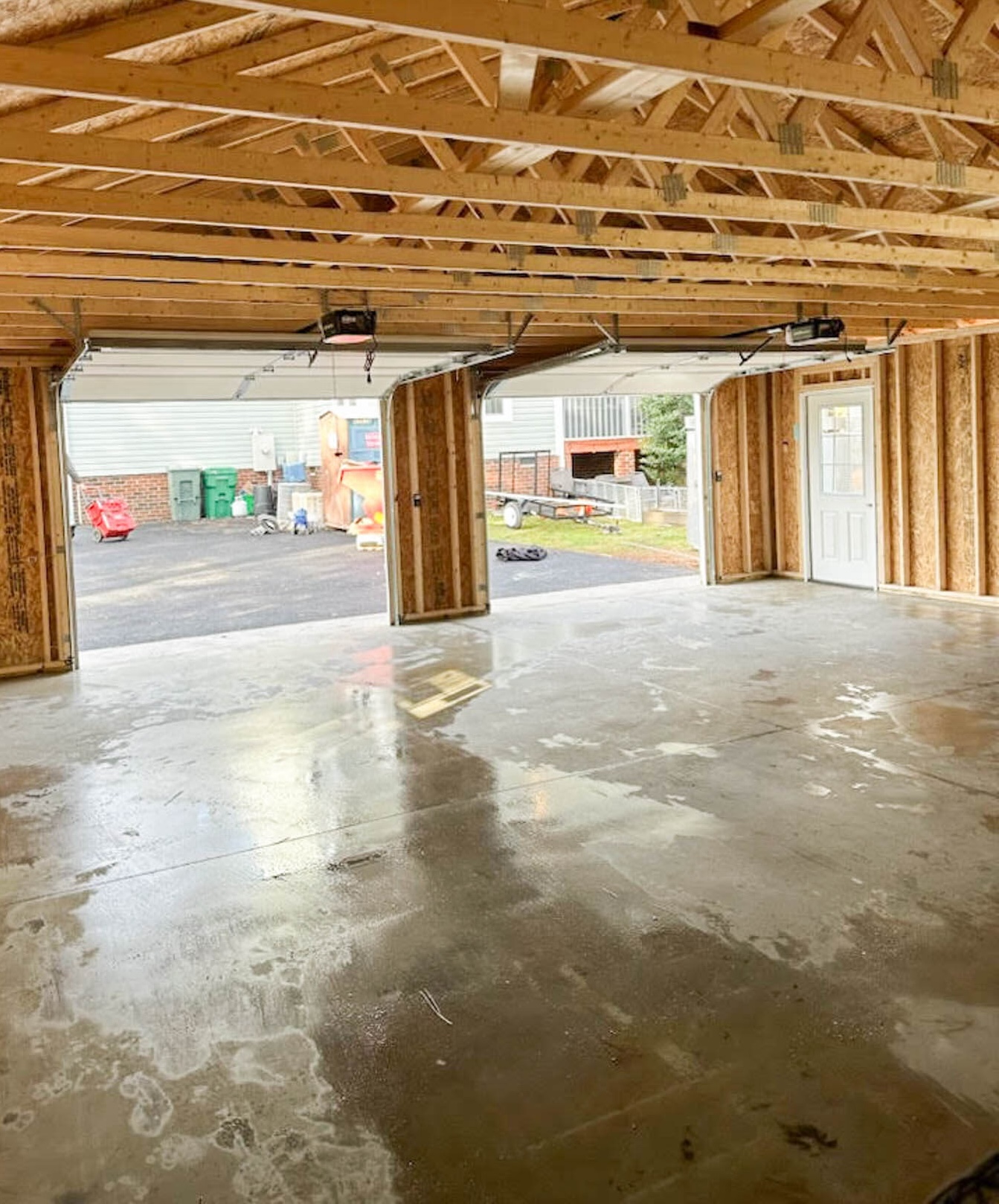
|
Contrete Floor
Description: Concrete floors are frequently used in garages and car ports durability, weight capacity and low maintenance requirements. Pros:
|